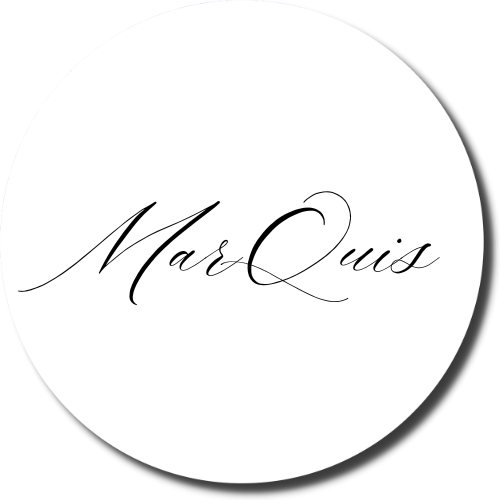A Comfort That Betrays
We speak of unconditional love as if it is a thing to be held, a possession to be claimed. But the moment we name it, it slips from our grasp. Not because love cannot be without condition, but because we do not know how to recognize love when it refuses to hold still.
I must admit to the paradox that love is both condition and uncondition; And this is because love is not conditioned… This love that I speak of is itself the condition of unbound expansion into itself.
So let’s sit in that. Let’s not just name love’s paradox—let’s dwell in it.
Because love, when free, is not an endpoint.
It is an ongoing recognition.
A rhythm, not a contract.
An unfolding, not an arrival.
A force that neither lingers nor leaves, but remains only in motion.
And so, if love does not bind itself to form—
Why do we keep trying to name it as though it should stay still?
If love does not owe itself to anyone—
Why do we measure it by how long it remains?
And if love, in its truest nature, moves without condition—
Why do we still believe that love’s proof is in its endurance, rather than in its freedom?
Because we are not meant to keep love.
We are meant to become it.
What we call unconditional love is often just uninterrupted comfort—an affection that does not challenge us, a presence that does not shift, a certainty that does not demand adaptation. We mistake the absence of friction for the presence of purity. We believe love is at its truest when it does not resist us. But love, if it is real, is never only still.
There is a kind of love that never withdraws, never turns away, never makes us feel the sharp edge of its absence. And yet, what we fail to see is that this kind of love is not unconditional—it is simply domesticated. It is trained love, predictable love, love that does not dare disturb the air it inhabits. A pet’s devotion. A belief that does not interrogate itself. A faith that asks no questions of the one who holds it.
But if love is to be without condition, then it must be without control.
And if it is without control, then it will not always sit where we want it to.
It will move. It will question. It will push back.
And this is where we flinch.
Because love in motion does not always feel like love.
Because love that resists does not always appear as kindness.
Because love that expands does not always offer the comfort of return.
This is the paradox we cannot name without misnaming it:
We want love that is free, but we want it to remain with us.
We want love that is infinite, but we want it to be familiar.
We want love that transcends condition, but we want to be the condition it chooses.
And so, we hold tight. We cling to the forms of love that are least likely to leave us.
We build myths around love that does not change.
We create whole religions around love that never turns away.
We elevate loyalty above all else—mistaking proximity for devotion, endurance for depth, repetition for proof.
But love—if it is to be without condition—cannot be made to stay.
It can only be recognized when it is given without need, when it arrives without demand, when it moves without ownership.
And so the question is not: Is unconditional love real?
The question is: Are we willing to recognize love when it does not stay where we left it?
Because love is not proven by its stillness.
Love is proven by its ability to move and remain love.
To release us and still be present.
To challenge us and still be for us.
To stand apart from us and still belong to us.
It is not love’s absence that undoes us.
It is our refusal to see its presence when it no longer takes the shape we expect.
Unconditional love was never meant to be a promise that love would always feel safe.
It was only ever the reckoning that love—real love—will not disappear when safety dissolves.
So what do we do with that?
What do we call the love that does not bind itself to comfort, does not retreat when it is misunderstood, does not fear the asymmetry of giving without return?
We cannot call it unconditional love.
Not if we still believe that means love will never ask something of us.
Not if we still believe that means love will always arrive in a form we recognize.
Not if we still believe that means love will never leave us in the wilderness of our own becoming.
Because the love that does not beckon us to grow is not love at all.
Maybe love’s greatest act of devotion is its refusal to become our hiding place.
Maybe love without condition is love that is strong enough to no longer lend credibility to the places where it is no longer recognized.
Not to abandon. Not to punish. Not to disappear.
But to remind us that love is not something we can ever keep for ourselves.
It is something we meet.
Again and again – in ways we may have never imagined..
Wherever we are willing to see it.
And perhaps, we are the only ones who can prove love is unconditional….
By imposing none….
(Conditions that is)
Pause…
Think on that.
Love offers no promise to the lover except love to its intended.
Marquis Hunt



